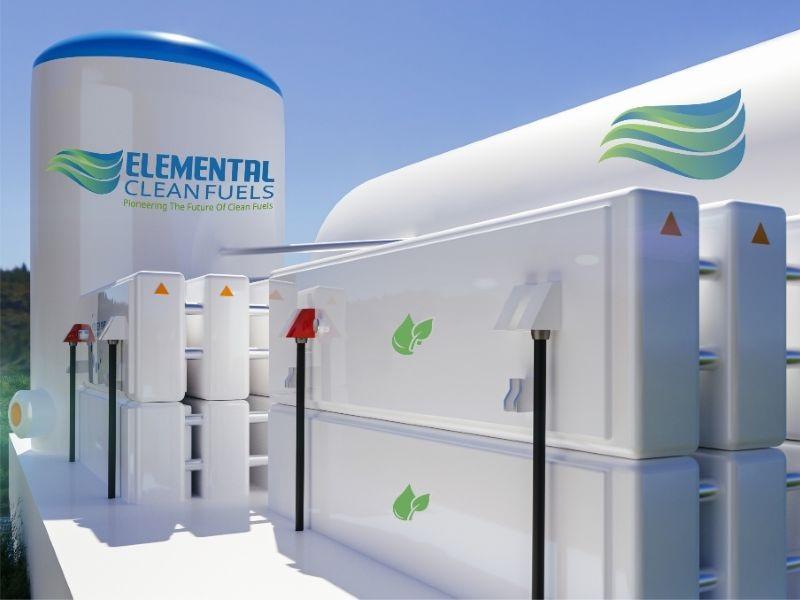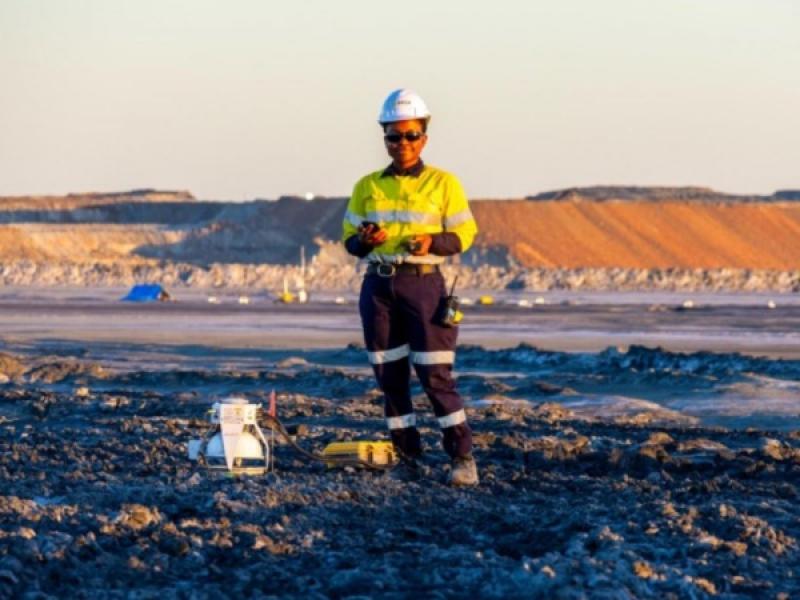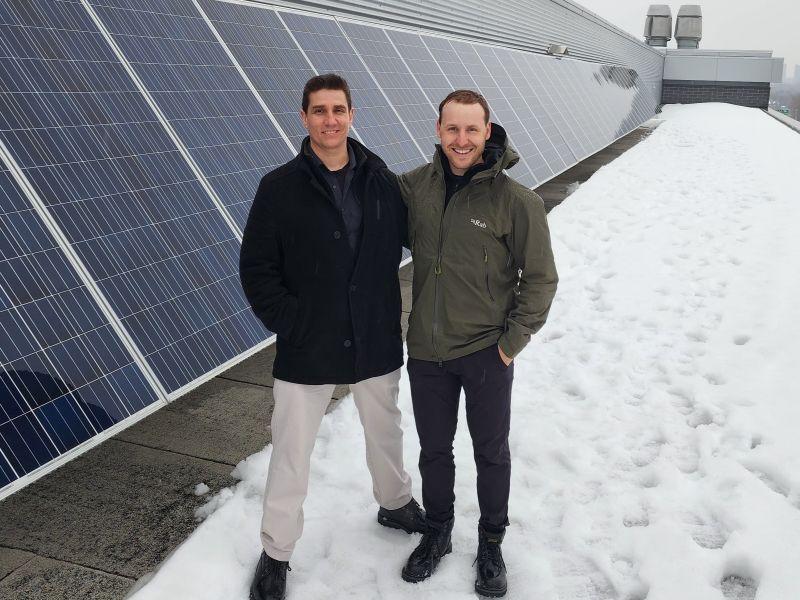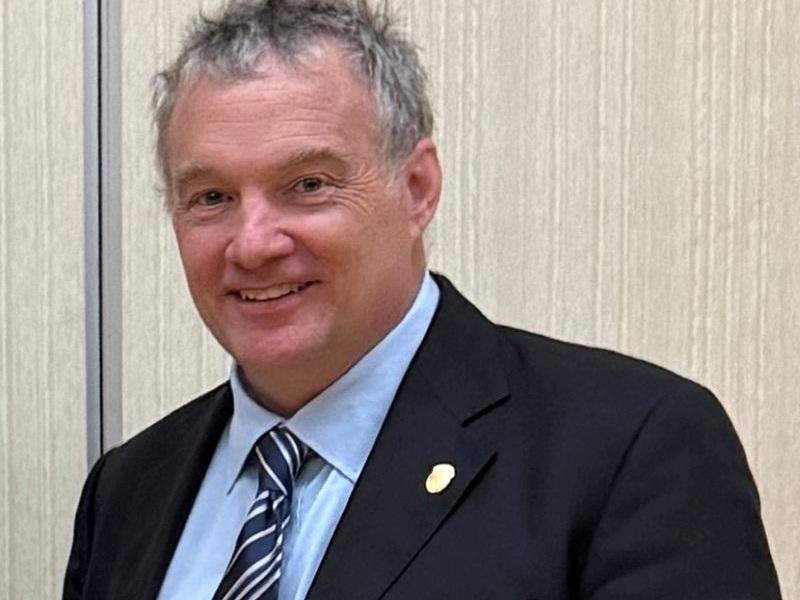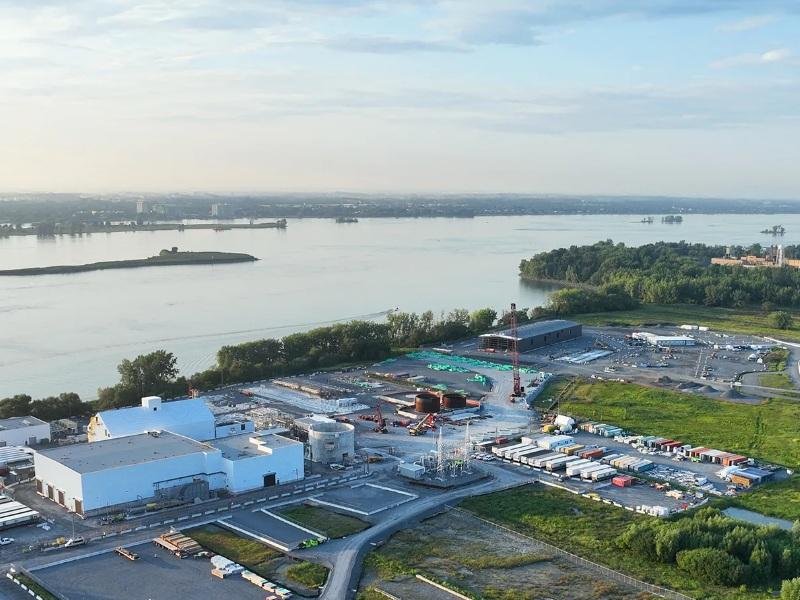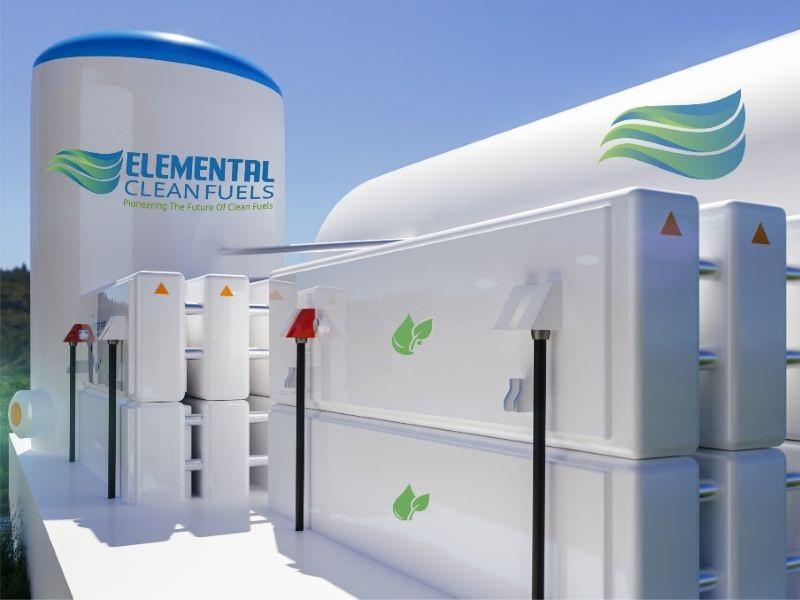
Elemental Clean Fuels plans to generate hundreds of tons of three low-carbon fuels daily from facilities in Alberta and British Columbia, a sign of confidence in diversification and the long-term value of decarbonization.
The Oyster Bay, N.Y.-based project developer has set out to produce green hydrogen, renewable natural gas (RNG) and synthetic fuels such as low-carbon methanol, starting in 2027. The projects are expected to have the combined potential to produce over 500 tons of the fuels per day, the company says.
Elemental also plans to develop infrastructure for hydrogen-fuelled transportation, and to produce RNG and hydrogen that can be blended into the natural gas supply of industrial facilities.
Unlike most clean fuels companies that concentrate on one energy source, Elemental is opting to produce three types simultaneously. In an ever-evolving market and political landscape, Elemental deemed it is “important to be diversified on our commodity mix,” co-founder and CEO Zachary Steele told Sustainable Biz Canada in an interview.
“In this market with things evolving so fast, if you make the wrong decision you can go into a dead end on all those opportunities.”
Elemental’s plan for Canada
Elemental was founded in 2023, and is headquartered in the U.S. though most of its team is in Canada and it has an office in Kamloops, B.C. Steele, a former senior executive at Ireland-based green hydrogen firm Fusion Fuel, said he and his business partners saw an opportunity to transition industrial facilities away from carbon-intensive energy with B.C.-based Cariboo Low Carbon Fuels.
Elemental formed a joint venture with the company to form Cariboo Clean Fuels in 2024, the entity through which Elemental will develop its projects. On Thursday, Elemental announced it acquired the remaining interest in the company and merged with Cariboo.
In British Columbia and Alberta, Elemental plans to develop:
- hydrogen production facilities and refuelling stations;
- RNG production infrastructure; and
- synthetic fuels production facilities.
“One of the attractive things about doing projects in Canada is that you can use power directly from the grid,” Steele said. By energizing its hydrogen production with British Columbia’s grid, the company can generate low-carbon hydrogen by splitting water with electricity powered by renewable energy.
The company intends to make several final investment decisions for its planned projects within next 12 months, he added. Most of the projects have partners, and Elemental expects to disclose the locations in the near future. When the final investment decisions are announced, the customers for the offtake will also be revealed, Steele said.
A major backer of Elemental is New York-based investment firm Quinbrook. The clean energy infrastructure investor announced in October it acquired a majority stake from Elemental’s founders and lead investor Piney Point Capital.
Quinbrook’s investment, its first in a Canadian company, will provide the funds to develop and build Elemental’s projects over the next 24 months, Steele explained. It will also be used to hire staff and explore for more opportunities.
Neither Steele nor Quinbrook would disclose the value of the investment, citing confidentiality agreements.
“Quinbrook sees great potential in Canada’s clean energy economy and drive to decarbonization and global shift to low-carbon fuels,” its senior director Nick Baker told Sustainable Biz Canada in an email exchange.
Quinbrook’s investment
Baker said British Columbia offers advantages in developing clean fuels projects. He listed its abundant renewable electricity, regulatory support and Indigenous leadership as examples.
Based on Elemental’s project pipeline and the track record of its management team in the energy sector, Quinbrook has “full confidence in its ability to advance multiple projects simultaneously,” he continued.
The investment firm has stakes in two other renewable fuels companies: U.S.-based Purpose Energy and U.K.-based Aegis Energy. Quinbrook has invested US$2.8 billion in the energy transition sector to date.
Quinbrook is confident in the opportunity for clean fuels to assist in decarbonizing industry and hard-to-abate sectors such as transportation and shipping. While he acknowledged the challenges faced by the sector, Baker said “we believe now is a prudent time to be entering the market with an experienced team and supportive market."
Steele also recognized the global headwinds buffering the clean fuels sector, such as pushback against hydrogen as a “silver bullet solution” to fuel switch industries. Another is the U.S. government’s opposition to clean energy. But jurisdictions with net-zero commitments like Canada are still interested in the potential of clean fuels, he said.
“With Quinbrook’s investment we now have the capital, the resources to actually come in and be able to execute on opportunities and be smart about it,” Steele said, “and look for ways to be a real thought leader in the space.”


